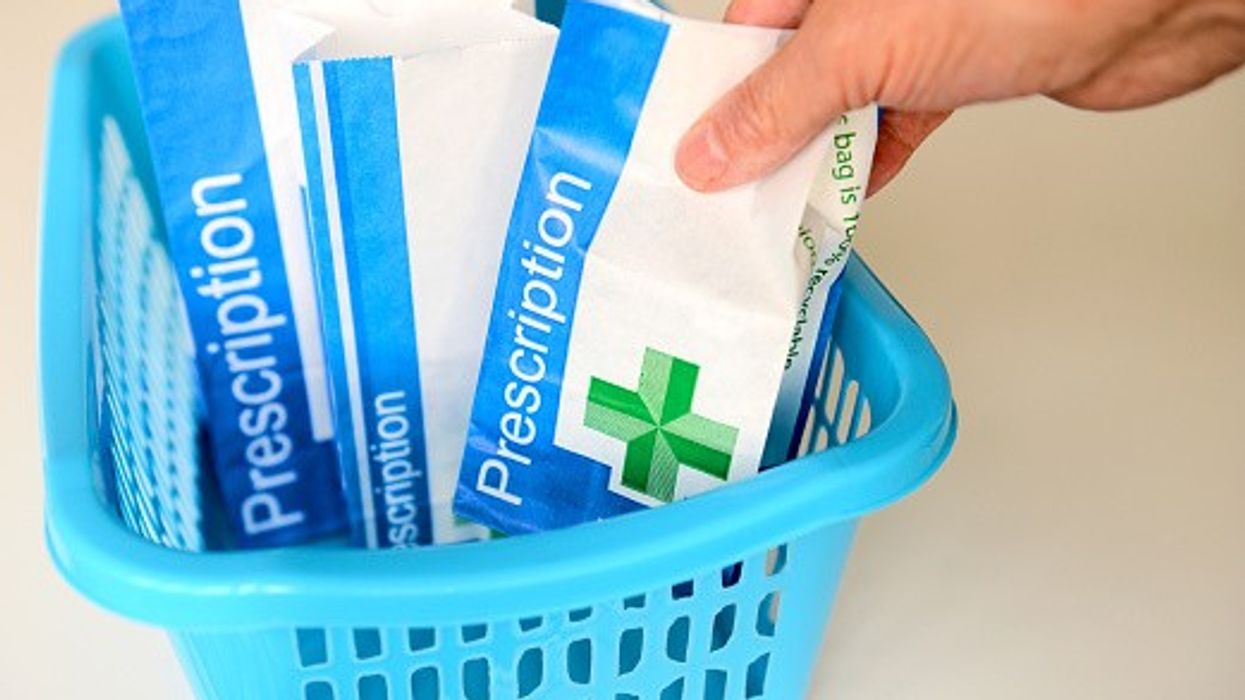EPS was introduced at six NHS hospital trusts in England in November 2023, following a pilot service conducted at three hospital trusts
NHS England will collaborate with “a number of system suppliers” to increase the number of trusts using electronic prescription service (EPS) over the next few years.
Nishali Patel, clinical lead for digital medicines at NHS England, announced it during the Clinical Pharmacy Congress, held at the Excel, London, on Friday, 10 May 2024.
According to Nishali, at least half of all NHS secondary care trusts could be using EPS by 2026.
This digital service allows prescribers to send prescriptions electronically to a patient-nominated pharmacy. It is widely used in primary care, where over 95 per cent of prescriptions are now electronically generated. NHS recently extended the service to secondary care settings.
Currently, eight NHS hospital trusts are using EPS with a system compliant with Fast Healthcare Interoperability Resources (FHIR), a global industry standard for passing healthcare data between systems, Patel revealed.
In November 2023, the EPS service was introduced at six NHS hospital trusts in England, following a pilot service at three hospital trusts in June and July 2020 to support COVID-19 patients.
Patel also disclosed the names of the IT suppliers tasked with implementing EPS across NHS trusts. These included Better Care and Nervecentre, Inform Health and Civica, System C and RioMed, and Epic and Medefer.
She said that they are focussing on increasing the number of trusts using EPS and the number of system suppliers that are building and becoming compliant with it.
“We’ve got a number of system suppliers that we are looking to work with over the next few years to be able to have [trusts] using EPS,” she said, as quoted by The Pharmaceutical Journal.
Patel presented the data from the North East London NHS Foundation Trust, one of the six trusts participating in the initial service rollout. The figures indicated that EPS implementation resulted in approximately £40,000 in postage savings annually and an additional £127,000 saved from clinicians' time no longer spent delivering paper prescriptions.
As revealed by Patel, NHS England is also working with the National Homecare Medicines Committee to explore how EPS can improve prescription management in homecare.













